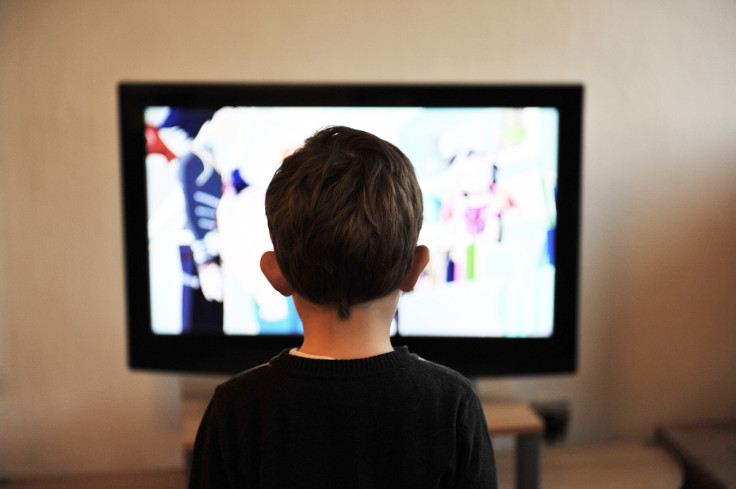Does Screen Time Impact Shape Of Children's Brains? Researchers Find Negative And Positive Effects

Excess screen time is linked to poor sleep, obesity and reduced brain power. Researchers now say the time spent in front of digital devices can affect the shape of children's brains.
In a study, published in the journal Early Education and Development, researchers reviewed 33 studies published between January 2000 and April 2023 that involved more than 30,000 children. The team examined how early digital experience shapes the brains of children under the age of 12. The results indicated positive and negative impacts on both structural and functional aspects of children's brains.
The changes were seen in the parietal lobe (the part of the brain associated with processing touch, pressure, heat, cold and pain), the temporal lobe (the part associated with memory, hearing and language), the occipital lobes (the brain area that interprets visual image), brain connectivity and brain networks. Researchers noted that the most vulnerable area is the prefrontal cortex, the area of the brain associated with executive functions.
The negative effects identified in some studies included the impact on attention, executive control abilities, inhibitory control, cognitive processes and functional connectivity. Some studies showed a link between high screen time and reduced functional connectivity in brain areas related to language and cognitive control.
However, six studies indicated positive effects on the brain from screen time. One study says it could improve focus and learning abilities in the frontal lobe of the brain. Another showed that engaging in video games might elevate cognitive demand, which could potentially improve children's executive functions and cognitive skills.
"In summary, this scoping review has achieved three major conclusions. First, digital experience does have positive and negative impacts on children's brains, structurally and functionally. Second, digital experience could cause structural and functional changes in children's frontal, parietal, temporal, and occipital lobes, brain connectivity and brain networks. And the most vulnerable area is the prefrontal cortex and its associated executive function. Third, digital experience has positive and negative impacts on children's brain structure longitudinally," the researchers wrote.
They say limiting children's screen time can lead to confrontation. Instead, they recommend policymakers develop innovative and practical strategies.
"It should be recognized by both educators and caregivers that children's cognitive development may be influenced by their digital experiences. Limiting their screen time is an effective but confronting way, and more innovative, friendly and practical strategies could be developed and implemented," said corresponding author Chair Professor Hui Li.



























